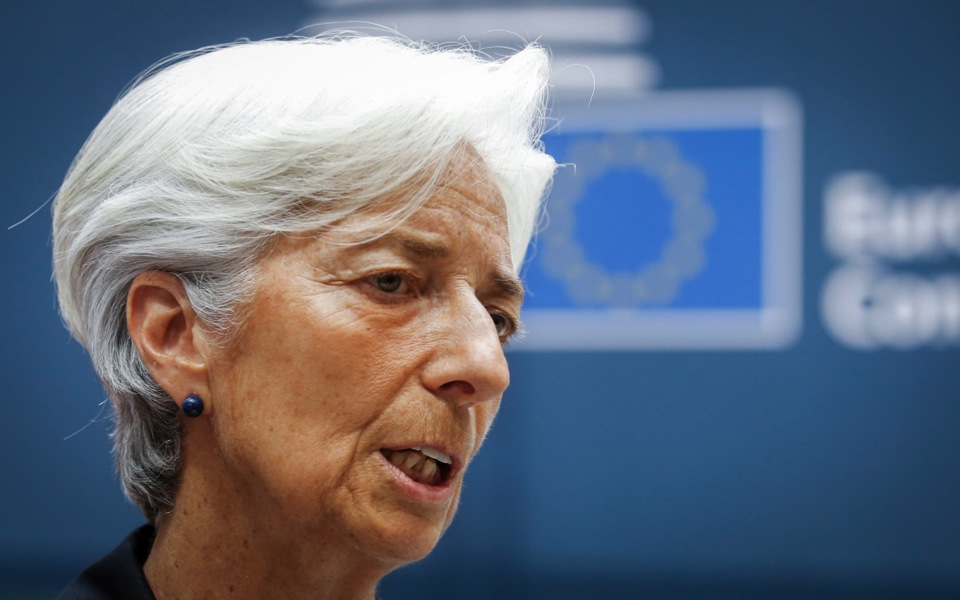Edging closer to Greek debt easing plan

Although no decision was reached on the Greek debt at the meeting of the so-called Washington Group in Bari, Italy, on Friday, Greece’s creditors – the eurozone countries on the one side and the International Monetary Fund on the other – have come quite close on a political and a technical level to what the final agreement should look like. The next step is expected at Monday’s Euro Working Group meeting.
Sources say that the baseline scenario currently on the table provides for the extension of the debt repayment time – by up to 20 years – which in principle has the nod from the German side, but will include no ceiling on interest rates.
The freezing of the rates had been an IMF demand so Greece’s repayments would not be affected by rate fluctuations in the coming decades. However, the Fund has now accepted there are other ways of keeping the rates below a certain level.
“We have taken an important and necessary step,” a eurozone official told Kathimerini, “as there is now more understanding of what is not acceptable by all sides, and this is significant.” He stressed the pressure is great for an agreement at the next Eurogroup meeting on May 22.
“We will carry on working on this debt relief package. There is not enough clarity yet. Our European partners need to be more specific in terms of debt relief, which is an imperative,” IMF Managing Director Christine Lagarde told reporters in Bari in the context of the G7 meeting.
The main difference remained, as expected, between Germany and the IMF. Lagarde stressed the need for very realistic projections for the Greek economy saying that the Greek program would have been more reliable had the figures been more “careful”. German Finance Minister Wolfgang Schaeuble stated the exact opposite, that the forecasts will have to be positive for the Greek program to be reliable.
There was no agreement on the fiscal targets for the years after the program ends in 2018, as in the words of a European official to Kathimerini, “nothing is agreed until everything is agreed.”
What did become clear is that Berlin does not any more expect Greece to achieve primary budget surpluses of 3.5 percent of its gross domestic product for a decade after the program ends, as was its previous position, but only until 2022.





